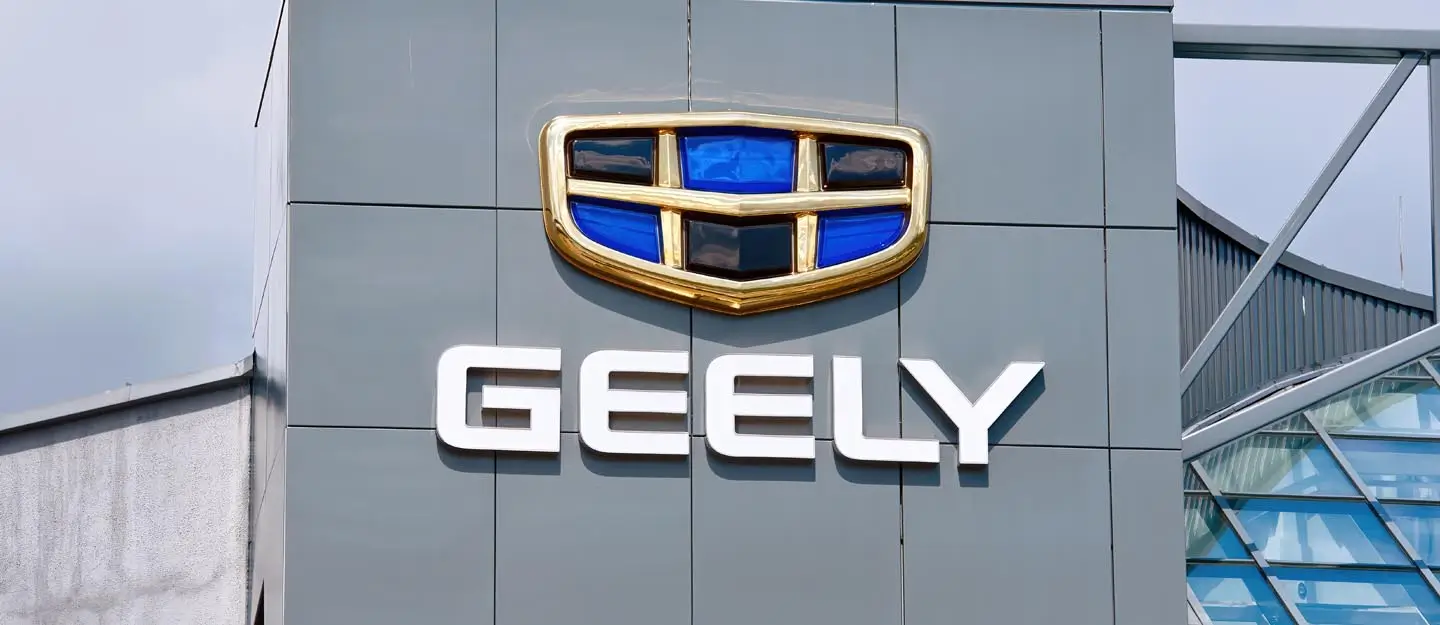In the ever-evolving landscape of automotive safety, a recent announcement from Subaru of America has brought a critical issue to light, affecting thousands of vehicle owners nationwide. The company is set to recall an estimated 119,000 wagons and sedans across the United States. This proactive measure aims to address a serious flaw within the airbag system, potentially preventing it from deploying in the event of a crash—a scenario that vehicle owners never hope to encounter, yet must be meticulously prepared for.

What Subaru’s Vehicle Recall Means for You (PDF)
Understanding the Recall: A Closer Look at the Details
Subaru’s recall is not just a number—it’s a reflection of the brand’s commitment to its customers’ safety and satisfaction. Here’s what you need to know about the vehicles involved and the technical glitch at the heart of the recall:
- Models Affected: The recall specifically targets certain models of the Outback and Legacy, manufactured between 2020 and 2022. If you own one of these models, it’s crucial to take note.
- The Core Issue: At the center of this recall is a capacitor within the Occupant Detection System (ODS) sensors. This component has been found to be susceptible to cracking and short-circuiting. Such a malfunction can inhibit the front passenger airbag from deploying during a crash.
- Statistical Insights: With 253 warranty claims already lodged regarding this issue, Subaru’s action underscores the importance of addressing potential hazards promptly. However, it’s worth noting the company has not received reports of injuries related to this defect, highlighting an early intervention.
What This Means for Subaru Owners
If you’re a Subaru owner, you might be wondering about the next steps and how this recall affects you. Here’s a quick guide:
- Remedy and Repairs: Subaru dealers are on standby to replace the ODS sensors on the front passenger seat, ensuring your vehicle’s airbag system functions as intended. This service will be provided at no cost to vehicle owners.
- Notification Process: Owners of the affected vehicles can expect to receive notification within the next 60 days. For those eager to get ahead, Subaru encourages owners to use their vehicle’s VIN (Vehicle Identification Number) to check the recall status on the NHTSA’s recall website.
Beyond the Basics: Insights Not Widely Discussed
While the recall itself is significant news, there are aspects of this situation that are not widely covered but are equally important for consumers and industry watchers:
- Quality Control and Assurance Measures: In the wake of this recall, Subaru is likely to enhance its quality control measures, especially concerning the Occupant Detection System. This might include more rigorous testing and evaluation of components susceptible to environmental stress and wear.
- The Role of Technological Advancements: As vehicles become increasingly reliant on complex electronic systems, the potential for such glitches grows. This recall could prompt a broader discussion within the automotive industry about the balance between technological innovation and system reliability.
Looking Forward: Subaru’s Road Ahead
As Subaru navigates this recall, the company’s transparent and proactive approach serves as a testament to its commitment to safety and customer satisfaction. For current and potential Subaru owners, this recall is a reminder of the complexities inherent in modern vehicles and the importance of ongoing vigilance in vehicle maintenance and safety checks.
For those affected by the recall, the path to resolution is clear and well-supported by Subaru’s dedicated network of dealerships. As the automotive industry continues to evolve, Subaru’s response to this challenge may well set a precedent for how such issues are addressed in the future, reinforcing the brand’s position as a trusted name in automotive safety.
Conclusion
Subaru’s recall of 119,000 vehicles in the U.S. over an airbag system short-circuit is a significant event that underscores the importance of proactive safety measures in the automotive industry. By addressing the issue head-on and offering a no-cost remedy to vehicle owners, Subaru is reinforcing its commitment to customer safety and satisfaction. As vehicle owners await notification and the subsequent repairs, the industry as a whole may reflect on the lessons learned and the importance of maintaining a fine balance between innovation and reliability.




